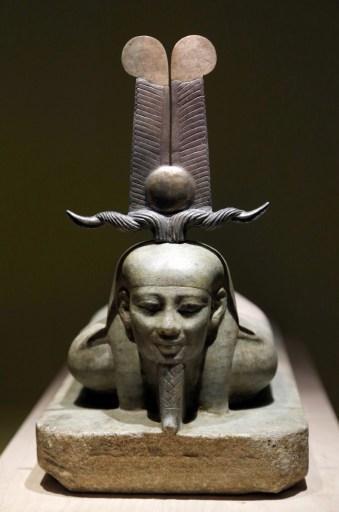Archaeologists under the direction of Harco Willems at the university of Leuven (KU Leuven) have discovered fragments of a "book" in a burial place dating from 2040 BC in Dayr al-Barsha, Egypt.
According to Campuskrant, the monthly magazine of the university, the fragments of the book are the oldest ever discovered to date.
Harco Willems describes the document as a collection of sparse incantations and legendary drawings.
They do not necessarily make up a story-line but have a common theme: the journey from darkness to Osiris, god of afterlife and many other things in ancient Egyptian religion.
Two curved sinuous lines run through the book. They are interpreted by some researchers as a representation of the two roads that lead the deceased to safety through the dangers of the underworld to a happy life in the afterlife.
Archaeologists found the fragments in a sarcophagus attributed to Ankh, a woman of the family of a governor named Ahanakht.
"One of the fragments represents the ship of the sun god Ra, towed by a sled, and another presents a text in which the owner of the grave identifies himself with the sun god," says Willems.
Other fragments are so damaged that scientists have not yet been able to decipher them.
The Brussels Times

